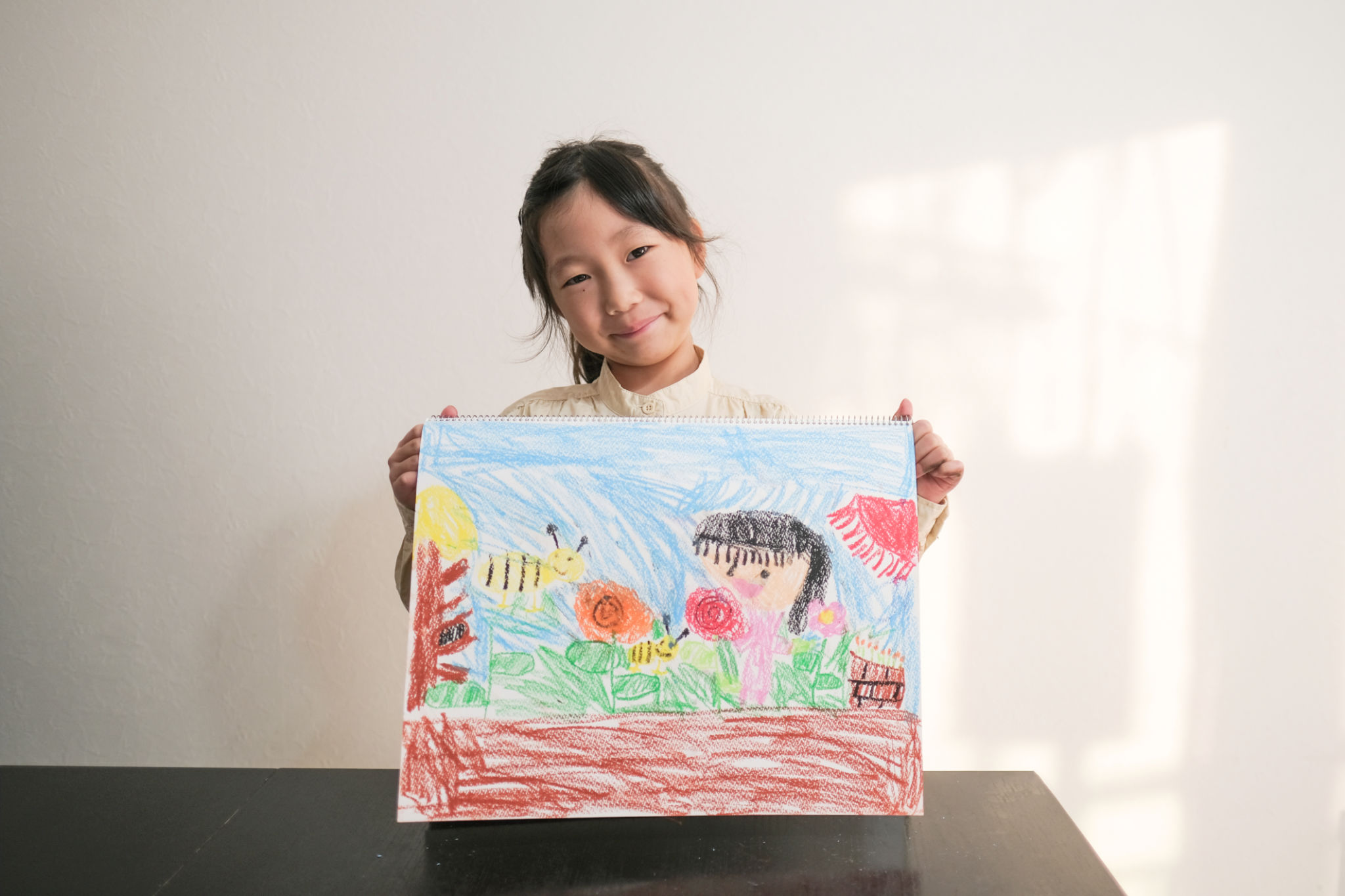Helping Your Child Navigate Grief: A Compassionate Guide
Ho
Understanding Children's Grief
Grieving can be an overwhelming experience for anyone, especially for children who may not fully understand their emotions. Children express grief in various ways, and it's crucial to recognize that their grieving process may differ significantly from that of adults. Understanding children's grief starts with acknowledging that their emotions are valid and deserve attention.
Children might not have the vocabulary to articulate their feelings, which can lead to behavioral changes. They might become withdrawn, exhibit anger, or seem unusually anxious. Recognizing these signs is the first step in helping your child navigate through their grief journey.

Creating a Safe Space for Expression
Providing a safe environment where your child feels comfortable expressing their emotions is essential. Encourage open communication by letting them know it's okay to talk about their feelings and that all emotions are legitimate.
Encouraging Conversations
Ask open-ended questions and listen actively to what your child has to say. Sometimes, children need a gentle prompt to open up about their feelings. You might ask, "What are you thinking about?" or "How does that make you feel?" This can help them articulate their emotions more clearly.
The Role of Creative Outlets
Creative activities like drawing, painting, or journaling can also serve as excellent outlets for expressing grief. These activities allow children to convey emotions they might find difficult to express verbally. Encourage them to create without any judgment or pressure, emphasizing the process over the result.

Explaining Grief and Loss
Children need to understand what has happened in a way that is appropriate for their developmental stage. Use clear and honest language when explaining death or loss, avoiding euphemisms that might confuse them. For example, saying someone has "gone to sleep" can be misleading and scary for young children.
Consider explaining that death means the person's body has stopped working, and they won't be coming back. This straightforward explanation helps children grasp the permanence of loss while providing a foundation for further questions they might have.
The Importance of Reassurance
Children might worry about losing other loved ones or themselves dying. It's important to reassure them that they are safe and that feelings of sadness and confusion are normal. Reinforce the concept of safety and security during this vulnerable time.

Seeking Professional Support
If your child is struggling significantly with grief, it might be beneficial to seek professional support. Child psychologists or counselors specialize in helping children process complex emotions. They can provide tailored strategies to support your child's unique needs.
Remember, every child grieves differently, and there is no timeline for healing. Providing patience, love, and understanding will help your child navigate through their grief journey with compassion and resilience.